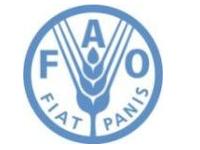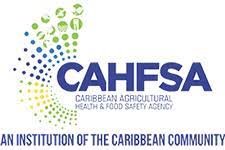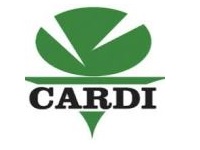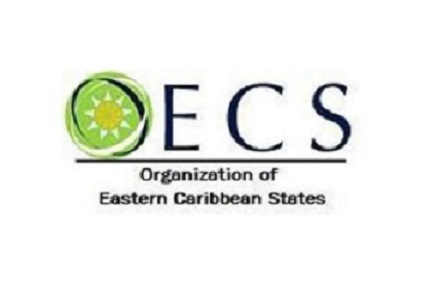Organic farming or Organic agriculture is a system that enhances biodiversity, soil biological activity, and agroecosystem health and highlights the use of management practices that consider the negative impact of commercial pesticides on the environment. It eradicates the use of pesticides, synthetic fertilizers, genetically modified seeds and breeds, additives, irradiation, preservatives, and veterinary drugs. This is replaced by specific management practices that increase long-term soil fertility and prevent plant pests and diseases.
Did you know that in the United States alone, organic sales account for 4% of U.S Food sales? This form of farming can help farmers manage the cost of their crops, access trade channels, and improve the quality of their crops. Organic farming is an affordable form of farming, focusing on sustainability while reducing and reversing some negative impacts of climate change.
Around the world, many countries have started sustainable initiatives that would see a reduction of greenhouse gas by the year 2030. In the Caribbean, many islands have started to use varying levels of food sustainability for agricultural production to make produce more affordable, lessening the cost of food imports regionally. A type of organic farming used for product supply is climate-resilient greenhouse systems. These climate-smart greenhouses use hydroponics which would improve the quality of food and reduces the impact on the environment and the wastage of water or resources. Hydroponics is a type of farming that uses little to no space and can be done either indoors or outdoors. It makes gardening or growing crops easier as growing the crops in water, also means non-existent weeds.
In the Caribbean, many farmers and growers have started embarking on using organic farming methods to ensure sustainable food supplies. Sustainable practices are a part of the renewable energy goals for most Caribbean countries. Agriculture like most sectors use energy for the cultivation of crops. Regionally, climate-smart technologies that use renewable energy resources or methods in organic farming, have already started to break ground, spreading to other sectors, and reversing some of the negative impacts of climate change.
Source:
FAO – What is organic agriculture?
University of Minnesota – Small-scale hydroponics
USDA – Organic Agriculture
IICA – Organic Agriculture: Facilitating Trade Channels is key to strengthening small-scale farmers
CARICOM – These ‘Island Growers’ are Reducing Imports, Improving Regional Access to Affordable Fresh Food
CARPHA – St. Vincent & Grenadines: Good Agricultural Practices













